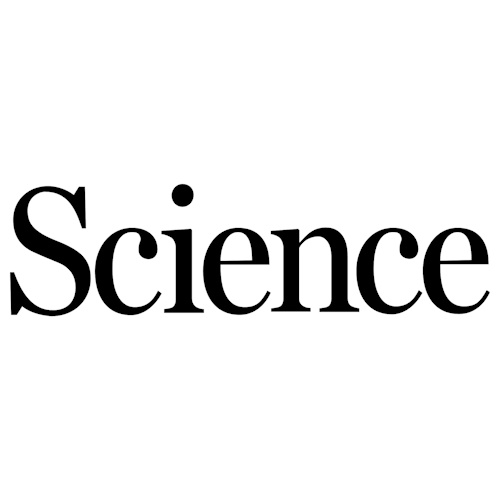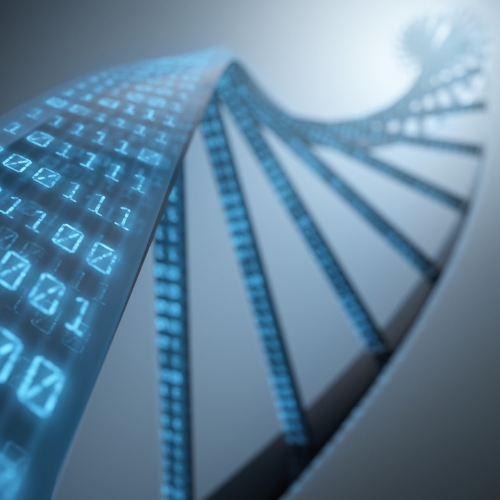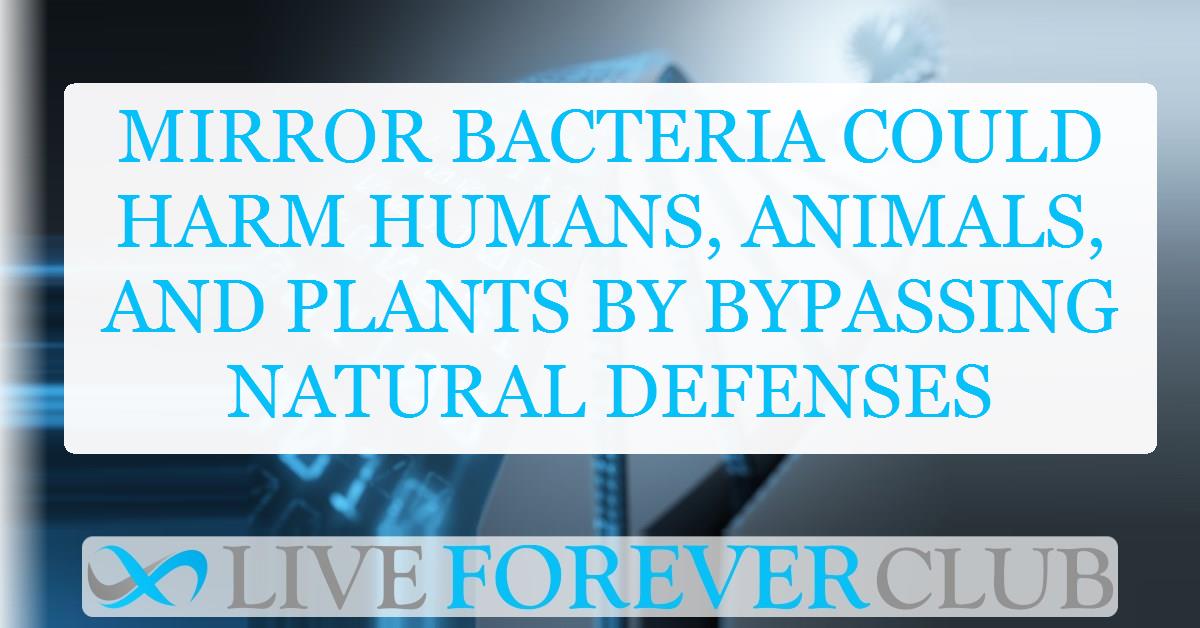Key points from article :
Scientists have urged a global halt on research into creating "mirror life" microbes, warning of unprecedented risks to life on Earth. Mirror bacteria, made from molecules that are mirror images of natural ones, could evade immune defenses, causing untreatable and lethal infections in humans, animals, and plants.
An international team of 38 experts, including Nobel laureates Greg Winter and Jack Szostak, issued the warning after a detailed risk assessment highlighted the dangers of these synthetic organisms becoming uncontrollable in the environment.
Mirror molecules, which have opposite handedness to those found in nature, are already being studied and manufactured for potential applications in treating chronic diseases and enhancing industrial bioproduction. However, while scientists have taken early steps toward creating mirror microbes, building a fully functional organism remains beyond current capabilities.
The concerns were published in a 299-page report and commentary in the journal Science. The report emphasized that existing antibiotics are unlikely to work against mirror bacteria, and natural ecosystems lack competitors or predators to contain them. The authors argued that research aimed at creating mirror microbes should be halted unless compelling evidence proves their safety. They also called on funding agencies to stop supporting such work.
“We should not be making mirror life,” she said. “We have time for the conversation. And that’s what we were trying to do with this paper, to start a global conversation,” said Dr. Kate Adamala, a synthetic biologist and co-author of the report, who was previously working on mirror cells but abandoned the project after evaluating the risks.
She emphasized the importance of starting a global conversation on the ethics and consequences of mirror life. While some researchers, like Prof. Paul Freemont from Imperial College London, highlighted the potential benefits of mirror chemistry, they stressed the need for regulation and open debate before advancing the research further.
Scientists are urging caution to ensure the safety of ecosystems and humanity.








